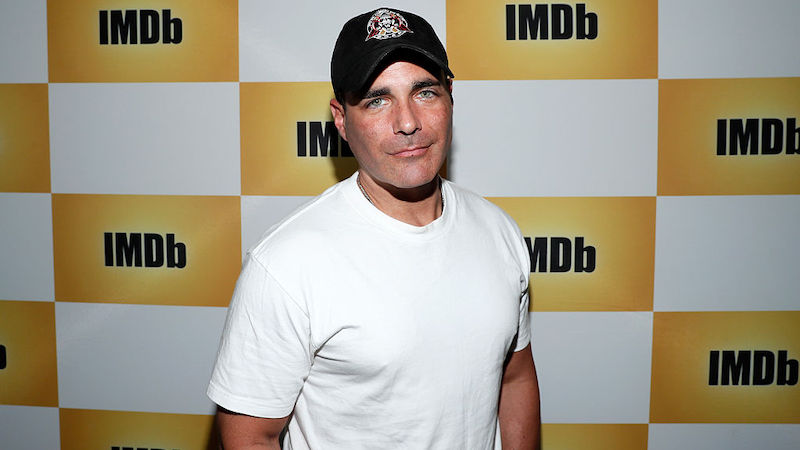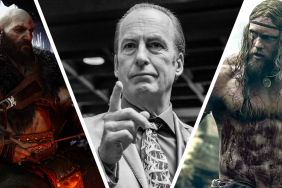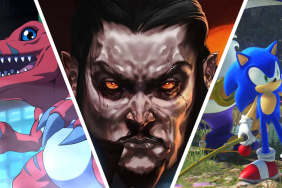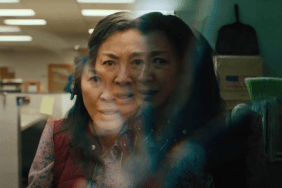Before writing several of the highest-selling video games of all time, Brian Bloom cut his teeth as an actor on the soap opera As the World Turns. While the path for one of the creative minds behind Call of Duty: Infinite Warfare and 2019’s Modern Warfare hasn’t been typical, Bloom’s willingness and love for the craft has seen his career evolve over nearly 40 years inside the entertainment industry.…

Another test









